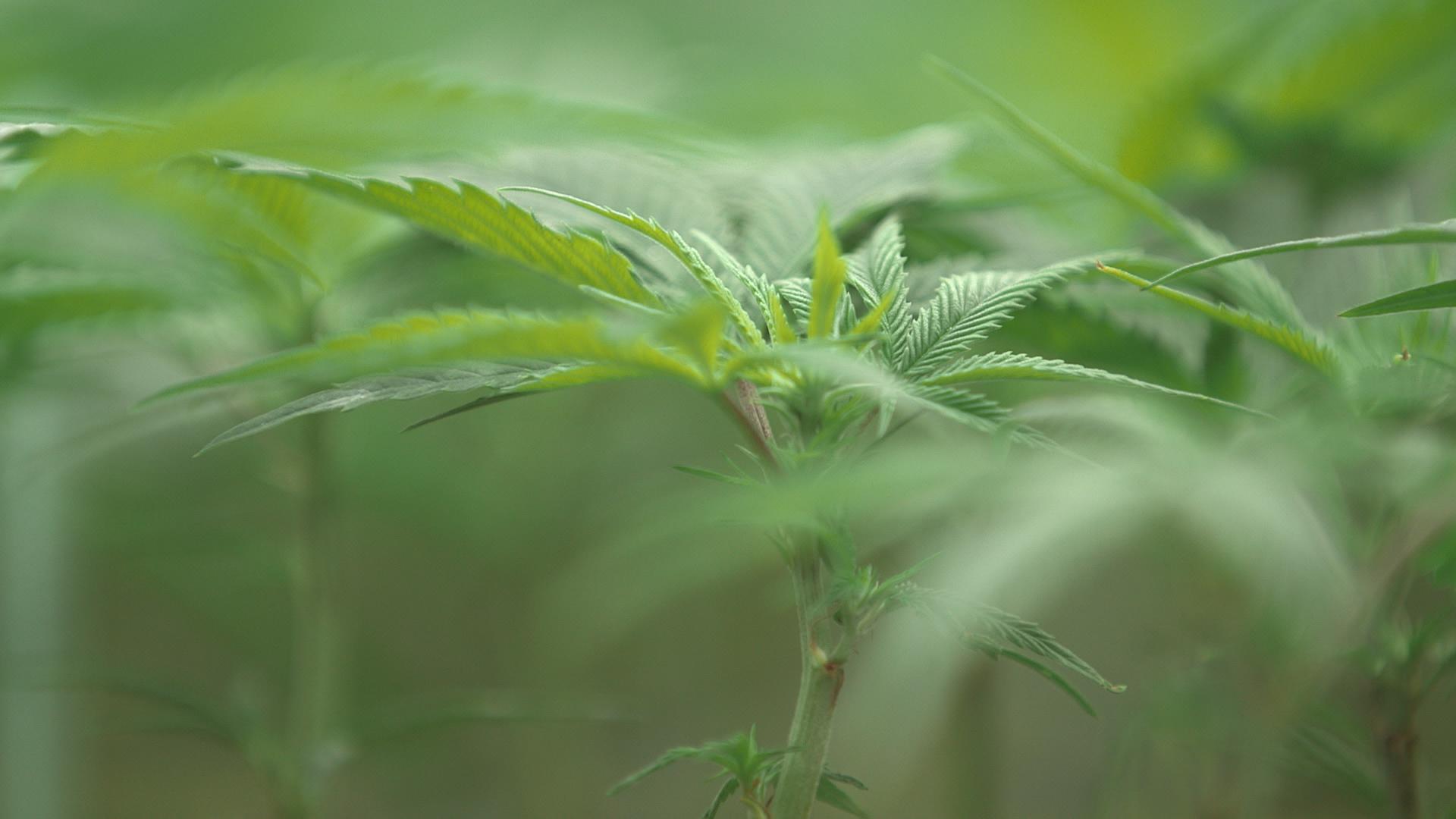When Canada became the second country in the world to legalize cannabis production, it did so after more than two years of in-depth consultation with everyone from stakeholder communities, healthcare organizations, and law enforcement agencies.
The fruit of these consultations was a law — the Cannabis Act of 2018 — that moved away from the punitive, prohibitionary framework that has dominated Canadian drug law since the 1920s and toward a legalization program that would allow adult consumers to use cannabis recreationally while discouraging use amongst minors.
In order to reassure the more sceptical elements of the public that this Act would create a legal framework rigorous enough to keep cannabis products away from children and keep profits away from criminals, the government introduced a number of provisions governing how cannabis could be sold, and who was legally qualified to sell it.
Perhaps the most significant regulation to come into play is one that had already been operative since cannabis was first legalized for medicinal use in 2001: the requirement that all cannabis sellers provide transparent tracking from seed-to-sale for every one of their products.
Staying compliant with this regulation requires cannabis producers and sellers to keep track of huge amounts of data, which has in turn, fuelled a secondary industry dedicated to helping them stay on the right side of government regulations. But how does this regulatory framework actually operate, and how do businesses ensure that they can demonstrate that they are upholding their end of the deal?

The government requirements essentially exist for one simple reason: to ensure that the criminal operations that have profited off of cannabis sales since cannabis was first banned in 1923 are cut out of the supply chain. This means that legitimate producers need to be able to provide detailed information about the origins and history of every single one of their plants.
To do so, many cannabis producers and sellers are turning to companies like Ample Organics, which have developed specialized tools to help track cannabis cultivation, harvest, and processing. Ample Organics uses a sophisticated but streamlined system that uses wireless tracking guns to log information about each individual cannabis plant via digital barcodes affixed to the planters (those interested can visit Ample Organics to learn more about how this system works).
This allows growers to immediately log every move of every plant in real time, and to provide those digital records as proof of product origin and cultivation to their partners and clients, without slowing down operations or risking potentially serious compliance lapses due to errors caused by manual record keeping.
It also ensures that the very same concerned citizens groups that expressed uncertainty about the speed at which cannabis legalization seemed to be happening can be mollified somewhat by the knowledge that any cannabis that reaches a dispensary has already undergone extensive testing and quality control, and has been cultivated in such a way as to guarantee that the profits are — for the first time in Canadian history — going to legitimate businesses rather than organized criminal groups.